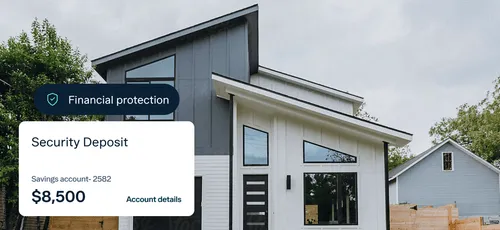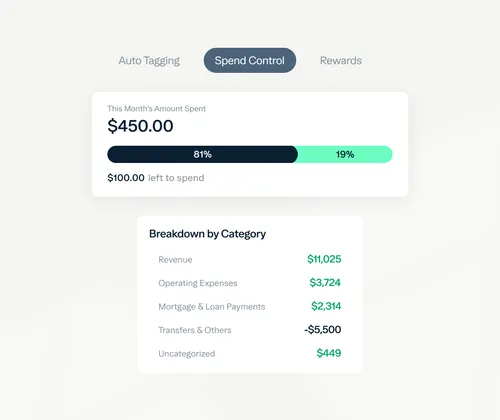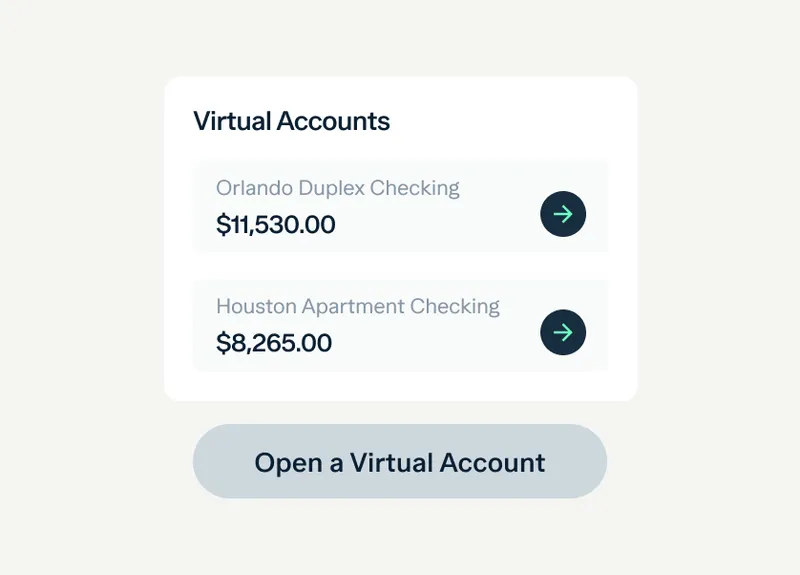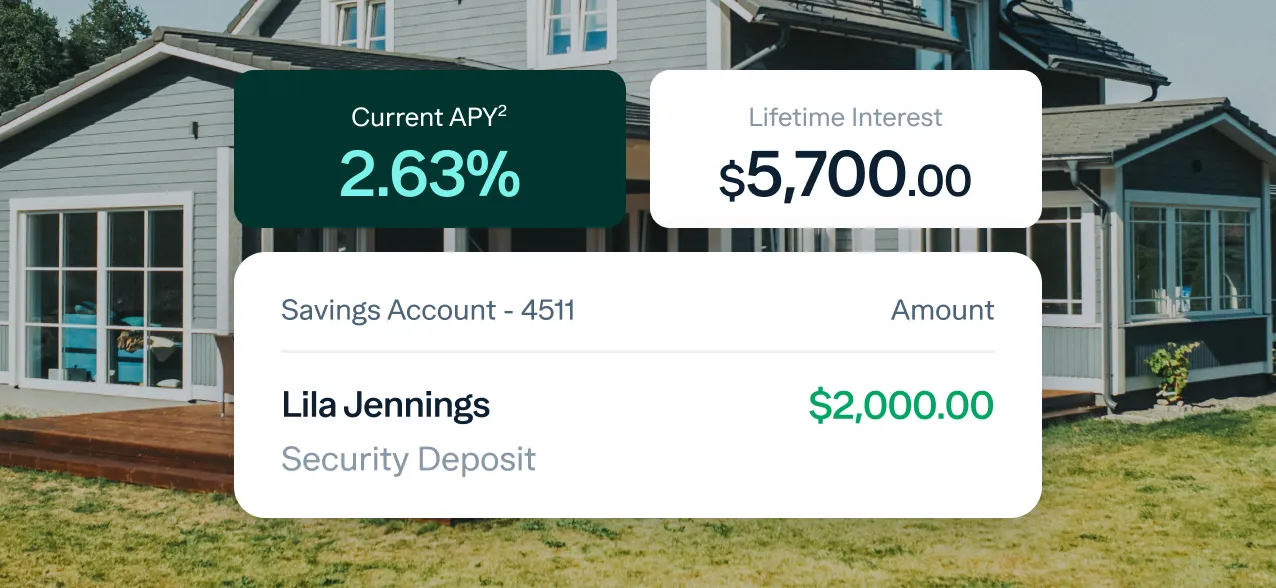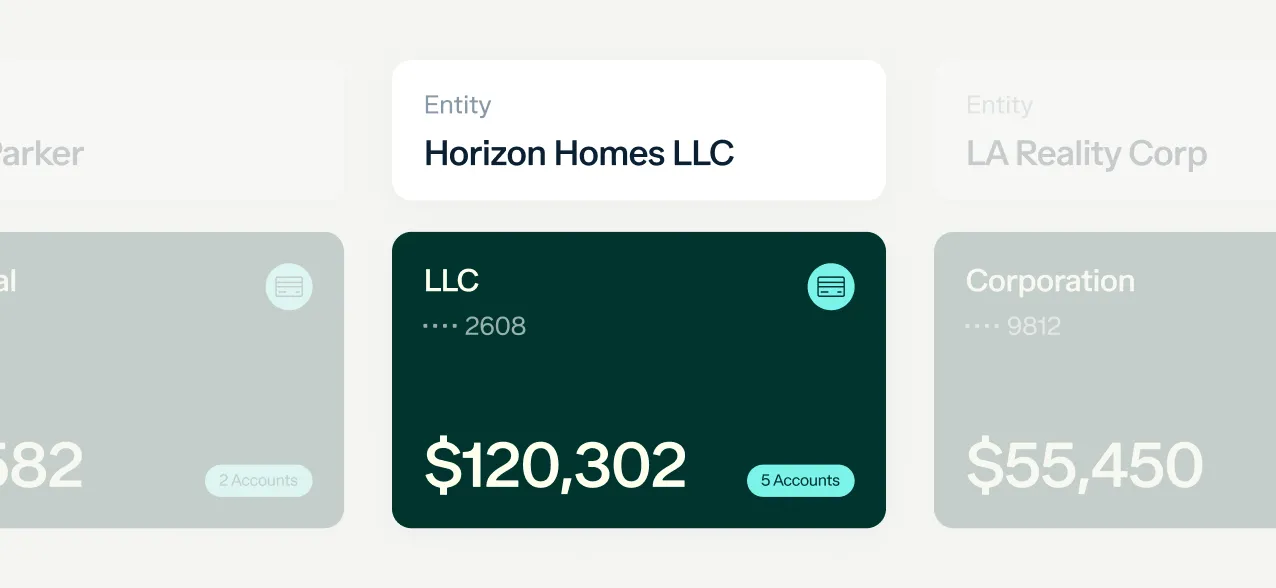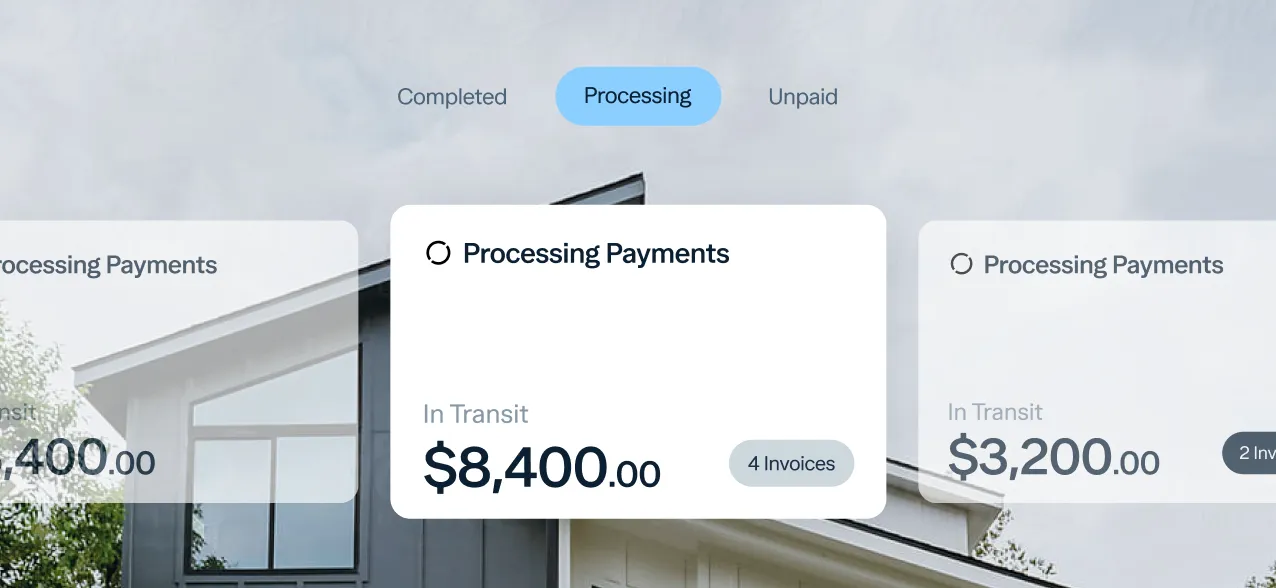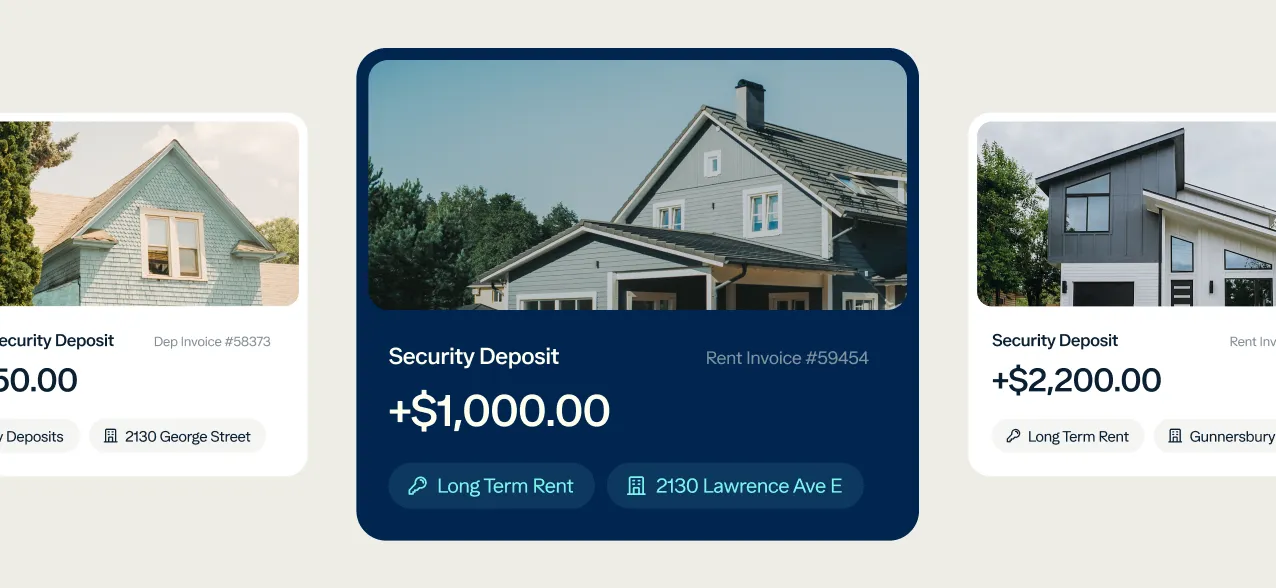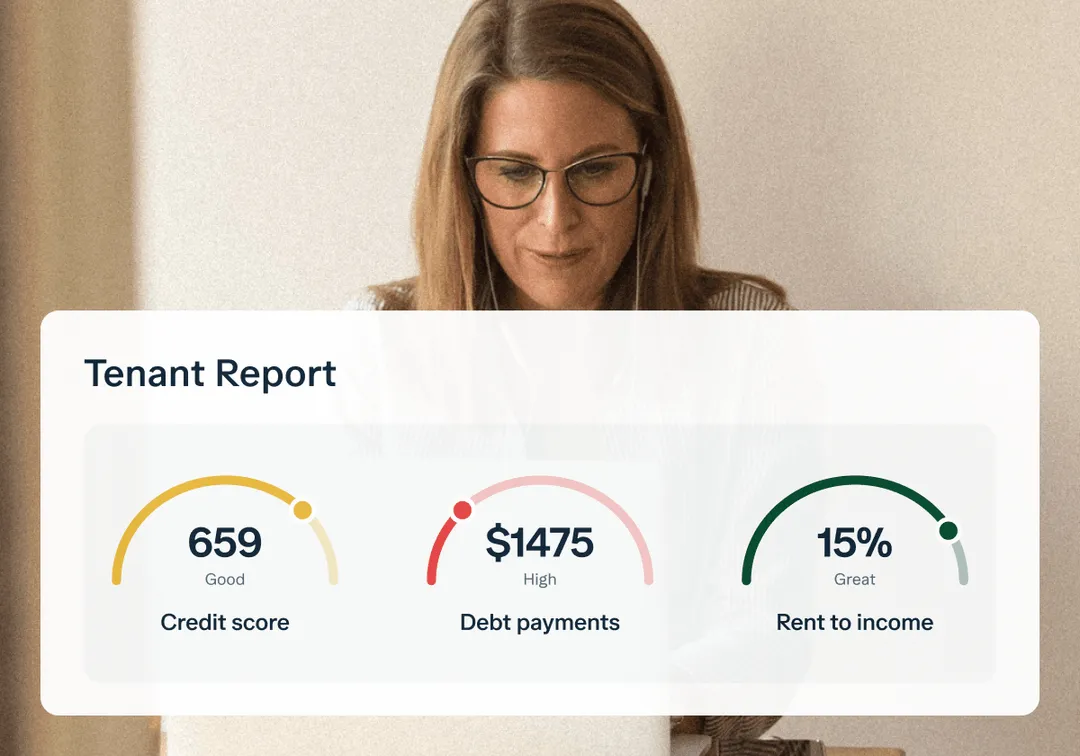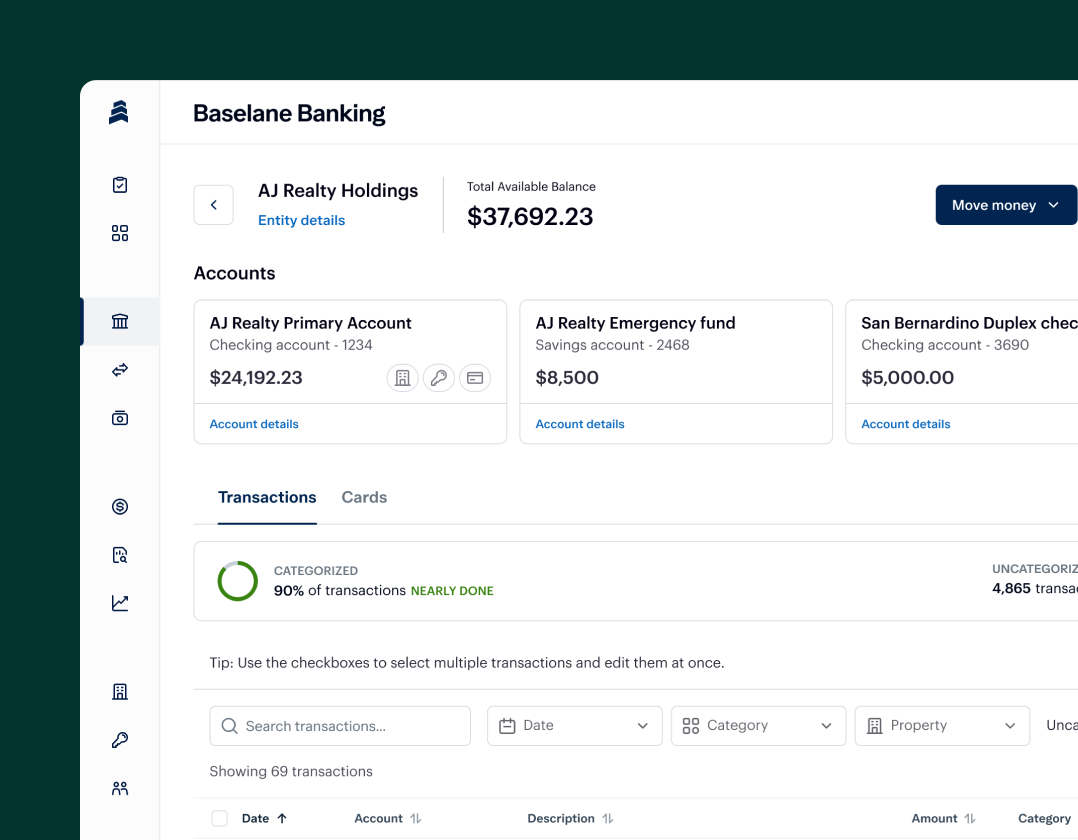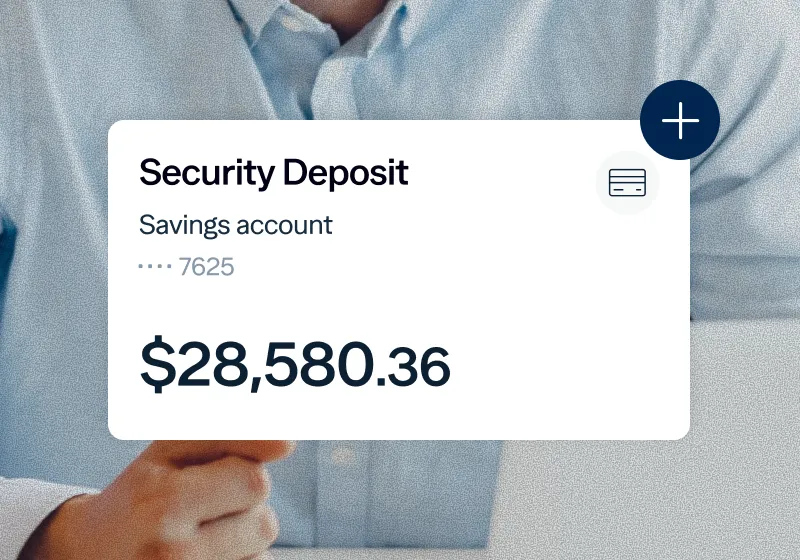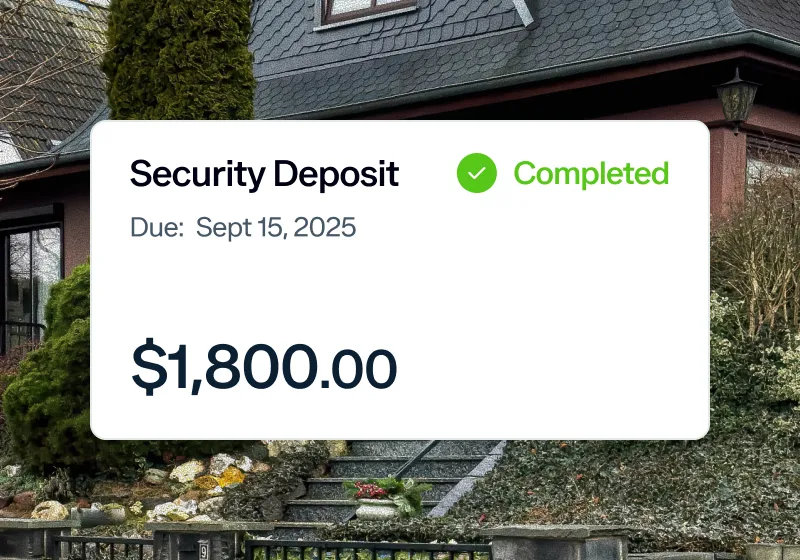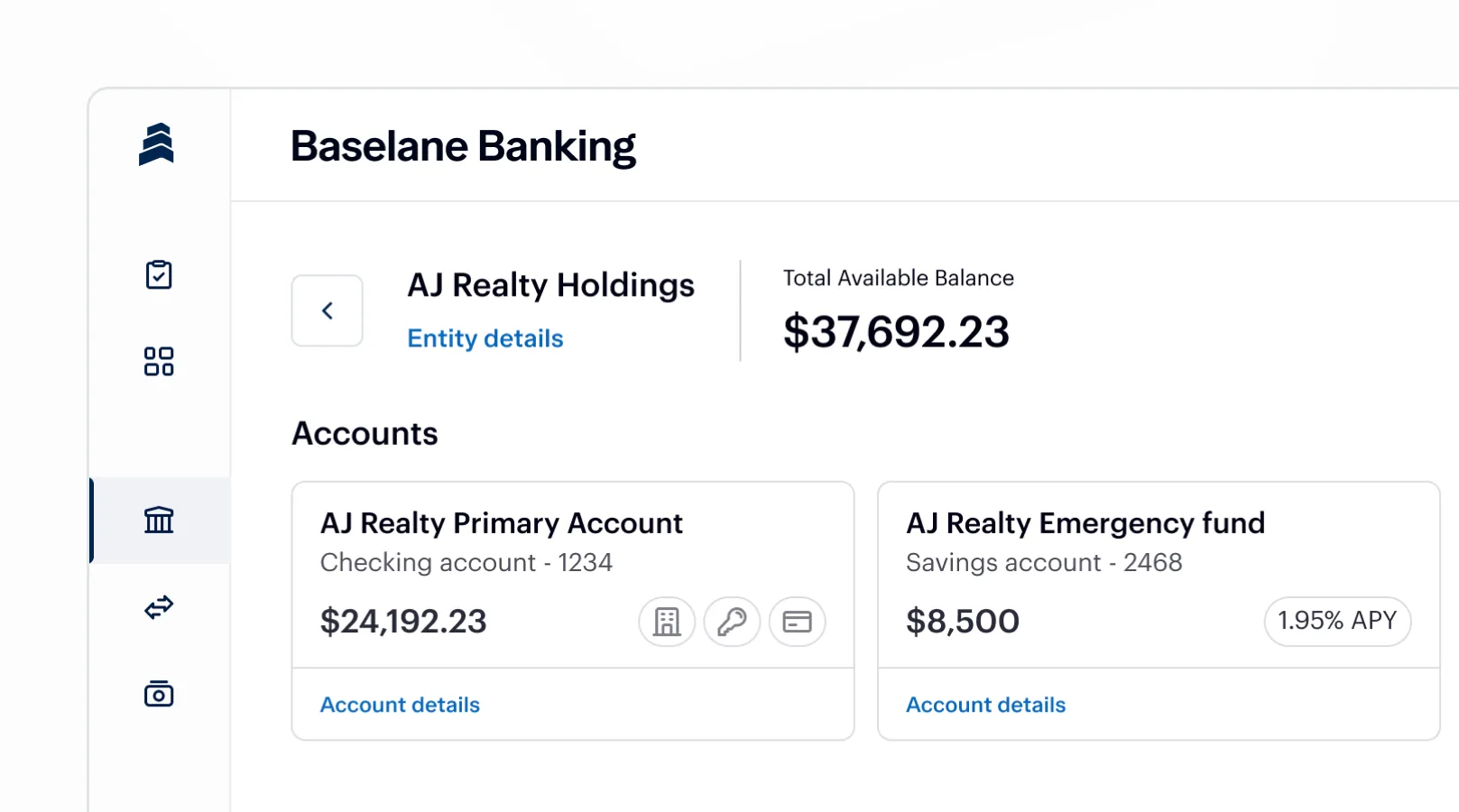In Vermont, No legal limit applies.
Security deposit rules in {{ state }}
Limit: In Vermont, there is no statutory limit on how much a landlord may charge for a tenant security deposit. Most landlords typically collect an amount equal to one month’s rent, though the tenant deposit may vary depending on the tenant’s creditworthiness, rental history, or whether pets are allowed. The total deposit must be clearly stated in the lease agreement, and it is strongly recommended that landlords use a dedicated security deposit bank account in Vermont to ensure proper management and compliance with state laws.
Return Deadline: The landlord must return the tenant security deposit, along with an itemized written list of deductions, within 14 days after the tenant vacates the property and returns possession. If the landlord fails to return the tenant deposit or provide the itemized statement within this period, they may be liable for double the amount wrongfully withheld, plus attorney’s fees.
Acceptable Deductions: The tenant security deposit may be used to cover unpaid rent, late fees, damages beyond normal wear and tear, cleaning costs, unpaid utilities, and expenses necessary to restore the rental property to its original condition. The landlord must provide documentation such as receipts, invoices, or written estimates to support any deductions made from the tenant deposit.
Where to Deposit: Vermont law requires landlords to hold all tenant security deposits in a separate, interest-bearing account at a financial institution within the state. The landlord must pay tenants any interest earned annually or upon termination of the lease. The funds cannot be commingled with personal or operating accounts. Using a security deposit escrow account in Vermont or a landlord tenant security deposit bank account in Vermont helps ensure compliance with the state’s rental laws, promotes transparency, and safeguards tenant funds through regulated financial handling.

